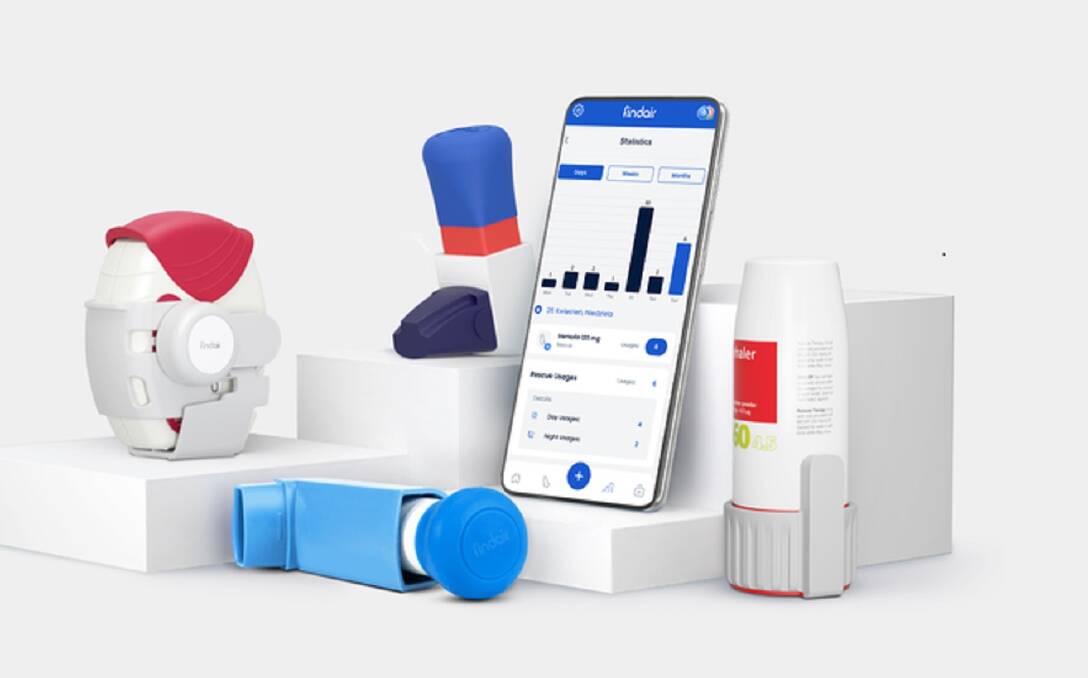
Revolutionizing Respiratory Health: The Era of Smart Inhalers
In the realm of respiratory care, a groundbreaking innovation is reshaping the way individuals manage their conditions. Smart inhalers, equipped with advanced technology, are transforming inhalation therapy into a more personalized, efficient, and data-driven experience. This article explores the multifaceted impact of smart inhalers on respiratory health.
The Evolution of Inhalation Therapy: From Conventional to Smart
Traditional inhalers have long been a cornerstone in managing respiratory conditions such as asthma and chronic obstructive pulmonary disease (COPD). However, the advent of smart inhalers introduces a paradigm shift by incorporating digital features. These devices are designed to go beyond the administration of medication, offering a holistic approach to respiratory care through data collection and analysis.
Real-Time Monitoring: Empowering Patients with Data
One of the key advantages of smart inhalers is their ability to provide real-time monitoring of inhaler usage. Integrated sensors capture data on the timing and frequency of medication inhalation. This information is then transmitted to connected devices, allowing patients and healthcare providers to monitor adherence patterns. Real-time data empowers patients to take control of their respiratory health, fostering a more proactive and informed approach to self-management.
Personalized Medication Plans: Tailoring Treatment to Individuals
Smart inhalers contribute to personalized medicine by enabling the development of tailored medication plans. Through data analysis, healthcare providers can gain insights into patients’ inhalation habits and response to treatment. This personalized approach allows for adjustments in medication dosage or type, optimizing the effectiveness of respiratory therapy for individual needs.
Adherence Improvement: Nurturing Consistent Medication Use
Medication adherence is a critical factor in managing chronic respiratory conditions. Smart inhalers address adherence challenges by offering reminders and notifications to users. These reminders prompt individuals to take their medication at the prescribed times, reducing the likelihood of missed doses. Improved adherence contributes to better symptom control and overall respiratory health outcomes.
Remote Monitoring and Telehealth Integration: Enhancing Care Accessibility
Smart inhalers embrace the era of telehealth by facilitating remote monitoring. Healthcare providers can access inhaler usage data remotely, allowing for timely interventions and adjustments to treatment plans. This integration of smart inhalers into telehealth platforms enhances accessibility to respiratory care, particularly beneficial for individuals in remote or underserved areas.
Tracking Symptom Patterns: Early Intervention for Better Outcomes
Beyond medication adherence, smart inhalers track symptom patterns over time. By analyzing trends in inhaler usage and associated symptoms, healthcare providers can identify exacerbations or worsening conditions early on. This proactive approach enables timely interventions, potentially preventing respiratory exacerbations and improving overall disease management.
Data Security and Privacy: Safeguarding Patient Information
As with any digital health technology, ensuring the security and privacy of patient data is paramount. Smart inhaler manufacturers implement robust security measures to protect the confidentiality of health information. Encryption protocols and adherence to healthcare data regulations contribute to a secure environment for the collection and transmission of respiratory health data.
Educational Opportunities: Empowering Patients with Information
Smart inhalers offer educational opportunities for patients by providing insights into their respiratory health. The data generated by these devices can be used to educate individuals about triggers, environmental factors, and lifestyle choices that may impact their respiratory conditions. This knowledge empowers patients to make informed decisions and actively participate in the management of their respiratory health.
Future Innovations: The Continuous Evolution of Respiratory Care
The introduction of smart inhalers is just the beginning of a continuous evolution in respiratory care. As technology advances, future innovations may include features such as integrated coaching, environmental monitoring, and the incorporation of artificial intelligence for personalized treatment recommendations. These ongoing advancements hold the promise of further enhancing the efficacy and accessibility of respiratory therapies.
In conclusion, smart inhalers represent a transformative leap in respiratory care, bringing together technology and medicine to create a more patient-centric and data-driven approach. From real-time monitoring to personalized treatment plans, these devices are poised to revolutionize how individuals manage their respiratory conditions, fostering a future where respiratory health is optimized through the power of innovation.
For more information on smart inhalers, visit CentrumZdravi.org.

